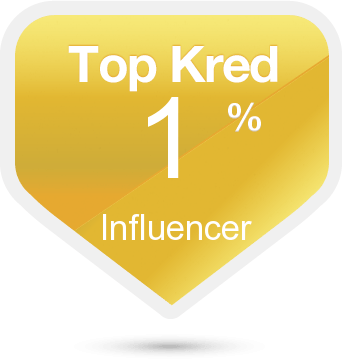Health Insurance, Tax Deductions & More: Entrepreneurs, Keep This in Mind
Guest post by Andrew Lisa
No matter how many conferences they visit, no matter how many sales speakers they listen to, entrepreneurs face a learn-as-you-go minefield when starting a new business. Here are some of the things you can expect when branching out on your own.

Health insurance can be pricey – but it can also draw the best employees.
Health Insurance Plans, Tax Deductions and Eligibility
Providing health insurance as a benefit will help you lure and keep some of the best employees. The good news is, there are lots of financial benefits that come with employer-based health plans. According to the IRS, the tax credit has been raised to a maximum of 50 percent of the premium for small-business employees and 35 percent for tax-exempt employees. To be eligible for this credit, the employer must pay premiums for employees through a qualified plan under the Small Business Health Options Program, or SHOP. If they don’t, they have to qualify for an exemption. Also, the credit is available to eligible employers for two consecutive years.
As discussed in “5 Questions to Ask before Getting an Individual Health Insurance Plan,” always ask about not just premiums, but copays, deductibles and policies on going out of network. And as a job seeker on the final interview, ask what the company offers in terms of these benefits.

Entrepreneurs are eligible for a range of tax credits.
Money, Money, Money
Health insurance and changes at tax season are two big, complicated concepts – but none of that means anything without reserve capital. Money. A lack of capital is the central cause of most business failures. Resist the urge to go for the things that you associate with “successful” businesses. Expense accounts, fancy leased offices to impress clients and other business “staples” are, in fact, luxuries.
Your business needs money more than it needs any of these extras. Get cheap stationary, let your employees telecommute when you can, substitute expensive marketing with what you can do yourself on social media. Established businesses have exorbitant things because they are successful; they’re not successful because they have exorbitant things.
Marketing: Spend as Much as You Can Up Front
Generally, a new business should spend as much as they can possibly afford on marketing in the first three years while building a brand and a customer base. Some businesses – depending on their industry – will spend up to 20 percent of their budget in the beginning. After three years, this almost always drops off dramatically, with most businesses dropping to single digits, many under five percent.
At their core, all successful businesses are built on two things – good people and money. Health insurance is important to hiring and keeping the best people and smart tax deductions can boost your capital. Save where you can, build your brand in the beginning and let luxuries follow success – not vice versa.
Andrew Lisa is a freelance business writer. He covers small business taxes and insurance.
Consideration given to these ideas will lead you to the Smooth Sale!
Read Addtional Strategies and Techniques:
Nice Girls DO Get the Sale: Relationship Building That Gets Results, Sourcebooks
HIRED! How to Use Sales Techniques to Sell Yourself On Interviews, Career Press








